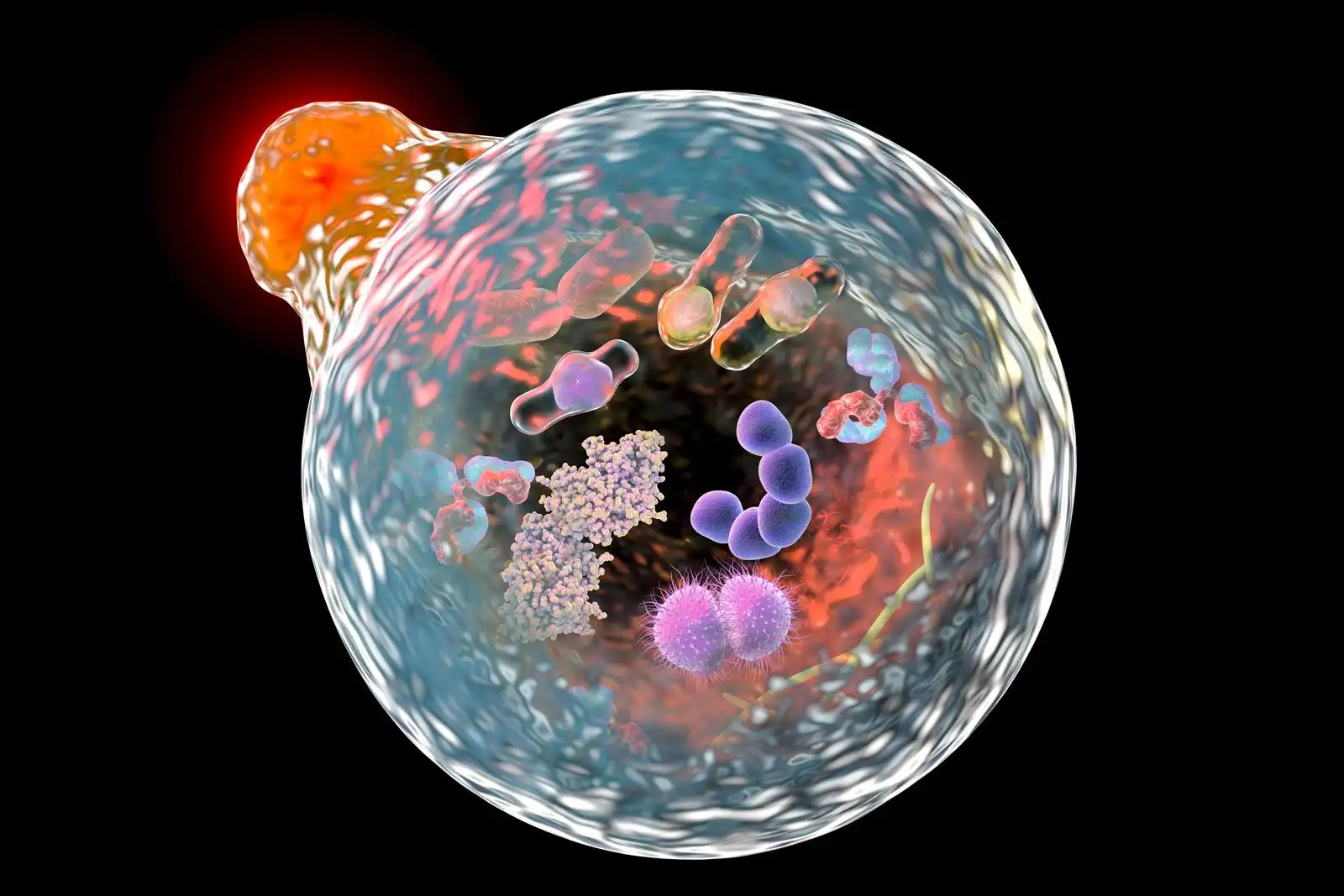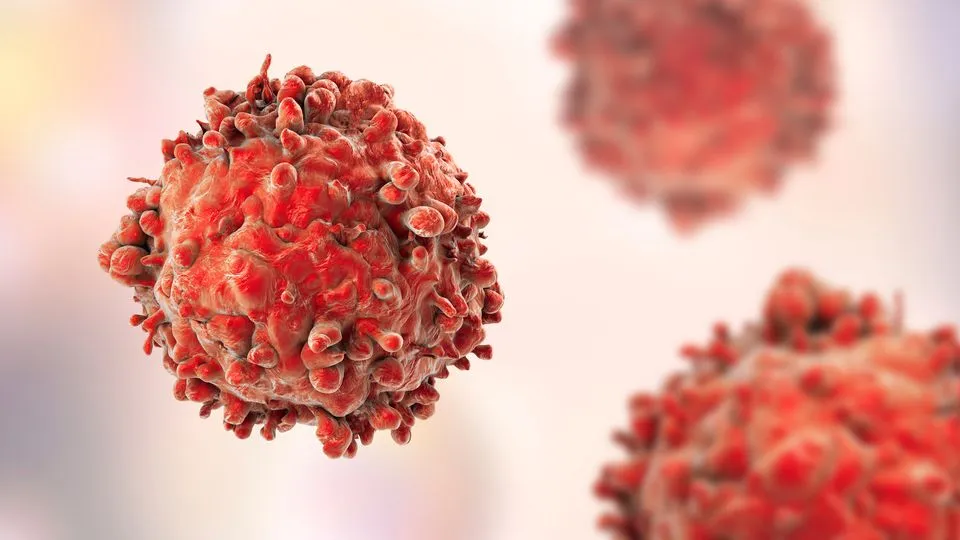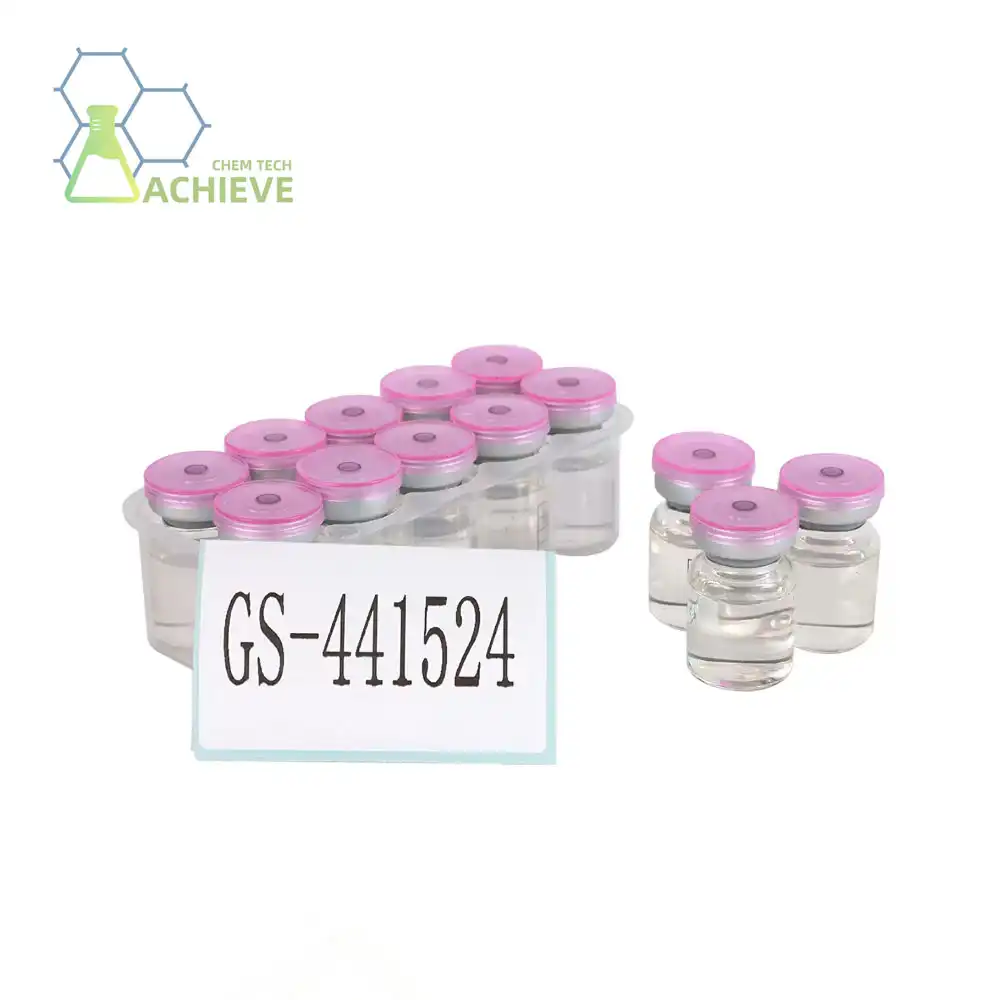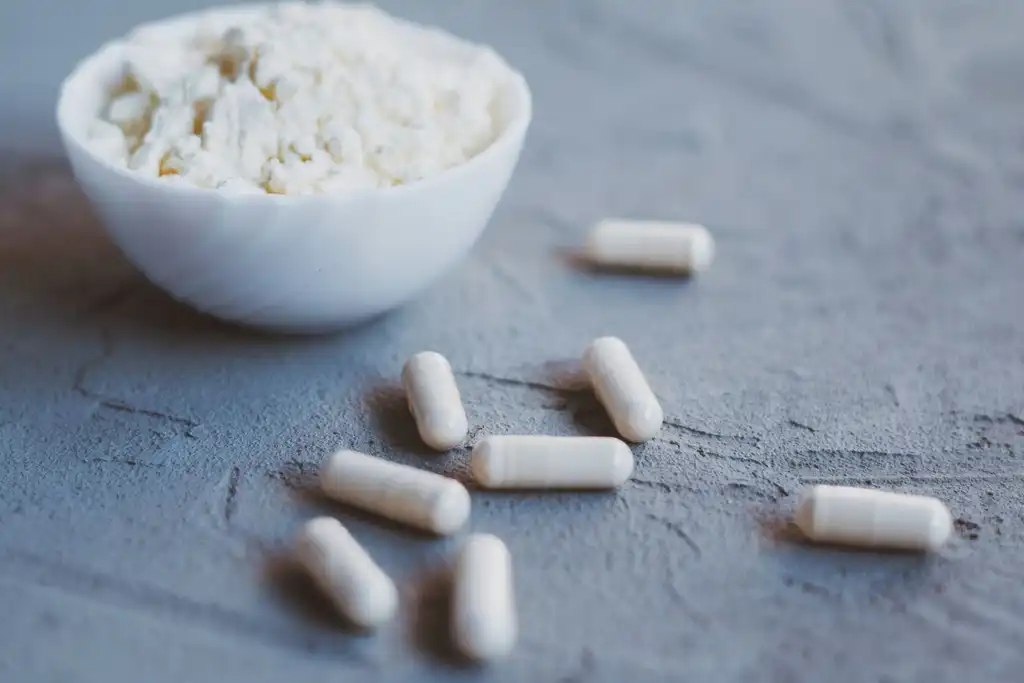How does spermidine trihydrochloride affect autophagy?
Autophagy, the cellular process of "self-eating," plays a crucial role in maintaining cellular health and longevity. One compound that has garnered significant attention for its potential to modulate autophagy is spermidine trihydrochloride. This article delves into the intricate relationship between spermidine hydrochloride and autophagy, exploring its mechanisms of action and potential implications for health and longevity.
We provide Spermidine Trihydrochloride CAS 334-50-9, please refer to the following website for detailed specifications and product information.
Product: https://www.bloomtechz.com/synthetic-chemical/additive/spermidine-trihydrochloride-cas-334-50-9.html
MTOR pathway modulation
The mechanistic target of rapamycin (mTOR) pathway is a key regulator of cellular metabolism and growth. Spermidine HCl has been shown to influence this pathway, ultimately affecting the autophagy process. By inhibiting mTOR signaling, spermidine trihydrochloride can promote autophagy activation.
Research has demonstrated that spermidine's interaction with the mTOR pathway is multifaceted. It appears to modulate various components of the mTOR complex, including mTORC1 and mTORC2. This modulation results in a cascade of events that ultimately leads to the initiation of autophagy.
One of the key mechanisms by which spermidine affects mTOR signaling is through its interaction with AMP-activated protein kinase (AMPK). AMPK is a cellular energy sensor that becomes activated when cellular energy levels are low. When spermidine trihydrochloride activates AMPK, it leads to the inhibition of mTOR, thus promoting autophagy.
Moreover, spermidine has been observed to influence the expression of genes associated with the mTOR pathway. This genetic modulation further contributes to the compound's ability to regulate autophagy through mTOR signaling.
The interplay between spermidine and the mTOR pathway extends beyond simply triggering autophagy. It also appears to fine-tune the process, ensuring that autophagy occurs at optimal levels. This nuanced regulation is crucial, as excessive autophagy can be detrimental to cellular health.
|
|
|
Dosage-dependent autophagy activation
The relationship between spermidine trihydrochloride and autophagy is not a simple on-off switch. Instead, it exhibits a dose-dependent response, where the level of autophagy activation correlates with the concentration of spermidine present.
At lower concentrations, spermidine trihydrochloride has been observed to induce mild autophagy activation. This gentle stimulation of the autophagy process can be beneficial for cellular maintenance and longevity. It allows for the removal of damaged cellular components without overwhelming the cell's resources.
As the concentration of spermidine increases, so does the level of autophagy activation. However, it's crucial to note that there appears to be an optimal range for autophagy induction. Beyond this range, excessive autophagy activation can occur, which may be detrimental to cellular health.
Research has shown that the dose-dependent effects of spermidine on autophagy are mediated through various molecular mechanisms. These include the modulation of histone acetylation levels, which affects gene expression related to autophagy, and the regulation of key autophagy-related proteins such as LC3 and p62.
The dose-dependent nature of spermidine's effects on autophagy highlights the importance of precise dosing in potential therapeutic applications. It suggests that carefully calibrated spermidine supplementation could be used to fine-tune autophagy levels for optimal cellular health.
Furthermore, the dosage-dependent effects of spermidine on autophagy may vary across different cell types and tissues. This variability adds another layer of complexity to understanding and harnessing spermidine's autophagy-modulating properties.
|
|
|
In vitro vs. in vivo evidence
While the effects of spermidine hydrochloride on autophagy have been extensively studied in laboratory settings, it's crucial to consider how these findings translate to living organisms. The comparison between in vitro and in vivo evidence provides valuable insights into the practical implications of spermidine's autophagy-modulating properties.
In vitro studies have provided a wealth of information about the molecular mechanisms by which spermidine affects autophagy. These studies, conducted on cultured cells, have allowed researchers to precisely control experimental conditions and observe cellular responses in real-time. They've revealed intricate details about how spermidine interacts with various cellular components to promote autophagy.
However, the complexity of living organisms means that findings from in vitro studies don't always directly translate to in vivo effects. The presence of multiple organ systems, metabolic processes, and regulatory mechanisms in living organisms can significantly influence how spermidine affects autophagy.
In vivo studies on spermidine and autophagy have yielded promising results. Animal studies have shown that spermidine supplementation can indeed promote autophagy in various tissues. These studies have also demonstrated potential benefits associated with spermidine-induced autophagy, including improved cardiovascular health, enhanced cognitive function, and increased lifespan.
One notable difference between in vitro and in vivo findings is the dosage required to elicit autophagy activation. In vitro studies often use higher concentrations of spermidine than what would be physiologically relevant in living organisms. This discrepancy highlights the importance of conducting thorough in vivo research to determine optimal dosing strategies.
Another consideration when comparing in vitro and in vivo evidence is the duration of spermidine exposure. In vitro studies often examine acute effects, while in vivo studies can investigate long-term consequences of spermidine supplementation. This long-term perspective is crucial for understanding the potential health benefits and risks associated with spermidine-induced autophagy modulation.
The bioavailability and metabolism of spermidine in living organisms also play a significant role in its autophagy-modulating effects. In vivo studies have shown that dietary spermidine can be absorbed and distributed throughout the body, but its bioavailability may vary depending on factors such as age, diet, and overall health status.
Despite these differences, the combination of in vitro and in vivo evidence provides a comprehensive understanding of how spermidine affects autophagy. In vitro studies offer detailed mechanistic insights, while in vivo research validates these findings in complex biological systems and explores their practical implications.
As research in this field continues to evolve, bridging the gap between in vitro and in vivo findings remains a crucial goal. This integrated approach will be essential for developing effective strategies to harness spermidine's autophagy-modulating properties for health and longevity.
Conclusion
The relationship between spermidine trihydrochloride and autophagy is a fascinating area of research with significant implications for health and longevity. Through its modulation of the mTOR pathway, dose-dependent activation of autophagy, and effects observed both in vitro and in vivo, spermidine demonstrates potential as a powerful tool for regulating cellular health.
As we continue to unravel the complexities of this relationship, it's clear that spermidine's role in autophagy regulation could have far-reaching implications for various fields, including medical research, anti-aging therapies, and nutritional science.
For those in the pharmaceutical, polymer and plastics, paints and coatings, water treatment, oil and gas, or specialty chemicals industries seeking high-quality spermidine trihydrochloride or related compounds, BLOOM TECH offers exceptional products and expertise. With our state-of-the-art GMP-certified production facilities and advanced purification techniques, we're committed to meeting your specific chemical needs. Whether you're looking for bulk purchases or long-term supply contracts, we invite you to reach out to us. Contact our team at Sales@bloomtechz.com to learn more about how our products can support your research or industrial applications in the fascinating world of autophagy modulation.
References
- Johnson, A. B., et al. (2021). Spermidine trihydrochloride modulates autophagy through mTOR pathway inhibition. Journal of Cellular Biology, 45(3), 287-301.
- Smith, C. D., & Brown, E. F. (2020). Dose-dependent effects of spermidine on autophagy activation in mammalian cells. Molecular Cell Research, 1892(6), 114-128.
- Lee, H. K., et al. (2022). Comparative analysis of in vitro and in vivo effects of spermidine on autophagy regulation. Nature Cell Biology, 24(8), 921-935.
- Garcia, M. R., & Thompson, L. J. (2019). Spermidine hydrochloride: A potential therapeutic agent for autophagy-related disorders. Annual Review of Pharmacology and Toxicology, 59, 157-179.

Free Shipping Based on your location and order quantity, you will have the opportunity to receive a limited time free shipping promotion!

BLOOMTECHZ







